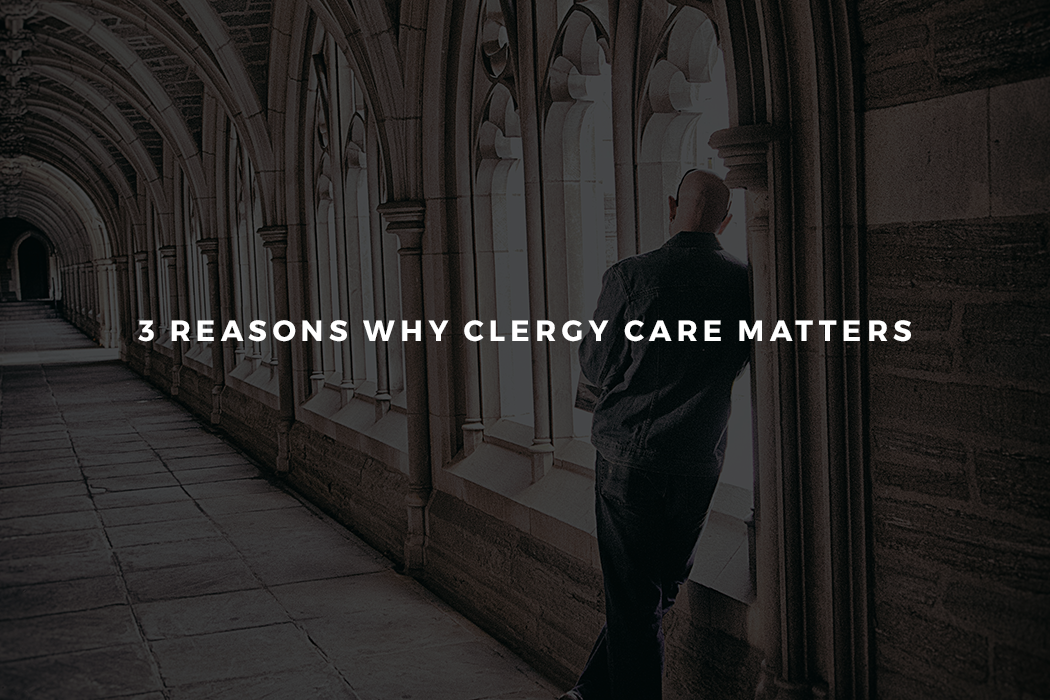At one point, I was a part-time youth and worship pastor, working a full-time job in a school system, and running a photography business. Long days and late nights were the norm. People wondered how I could keep so many plates spinning. In my religious fervor, I judged their lack of busyness.
My wife pleaded for attention, my friends constantly complained that I was MIA, and my anxiety was through the roof. But what could I possibly do about it, other than pop a little white pill and hope nobody discovered how badly I needed prescription meds to get through my day.
I only took my anxiety prescription in the bathroom stall at work. I kept the prescription bottle hidden inside my lunchbox. The shame was nearly as unbearable as the panic attacks. They started when I was 24 and would show up once, maybe twice per month, but with this rapid pace I was trying to keep, by the time I was 28, they were weekly at a minimum.
I’d been raised in the charismatic movement and laziness was the first lie I believed. The second was that I couldn’t be a Christian and still have a mental illness. And the third was this: it was my job to save the whole world. If not me, then who? Souls were at stake!
I had completely missed the point. I had no idea that my greatest calling was to love my neighbor and myself. I failed to see the great responsibility of cultivating a relationship with my wife and my children. I missed the part about resting.
I figured my wife must be so proud. Look at all I was doing for the church! Yet, in having no personal boundaries, I was actually building walls. I was keeping the people who loved me the most at a distance. I didn’t know it was okay, and even appropriate, to tell others, “no”. To schedule a day off. To turn off my phone. To spend my evening with the ones who longed for my affection and attention more than I could possibly understand.
It took a suicide attempt to wake me up to the life I never even knew I had. Since that time, I’ve learned a great deal about recovery and self-care. Self-care isn’t an overnight fix. Recovery takes time. But here’s three reasons why clergy-care matters.
- No one else will recognize or respect your limits.
I used to think I needed to be 100% accessible 100% of the time. Because I had no boundaries, the ever-present busyness kept me from the people who matter most. I was a “yes man” to any person or project I thought would make me feel important. A friend once called me an “attention whore,” and sadly, he was right.
After my suicide attempt, I accepted my limitations and my need to say “no.” I have learned that boundaries protect us and point us toward the people and things that truly matter. Now, I decline more projects than I accept. I have learned to choose only activities that add value to my life, my marriage, or my family. I have learned to say no. My life isn’t perfect, but I’m more fulfilled than I have ever been.
- Sometimes we need something other than Jesus.
Even pastors have hard days. Self-care is giving yourself permission to be first for a little while. It’s not making excuses about why you can’t do what you know in your gut you need to do. I’m a pastor, but I have found myself in a desperate place at times, needing something other than Jesus. Like a nap. And strong medicine. And a friend who will just listen.
Now that I no longer pretend to have either a cape or a cross on my back, I can live out this wonderfully unpredictable and imperfect life I have been given as a gift to myself and the world. In letting go of the constant performance mindset of those who feel they must be saints, I realize that I am not loved by God in spite of who I am, but because of who I am.
- Pastors make mistakes, too.
No one likes to make mistakes, but no matter how successful you may be, all of us screw up. The spotlight doesn’t erase struggles. And really, isn’t that a great relief? Even Jesus in the Garden of Gethsemane shed literal drops of blood. Our Savior, in his most significant hour, struggled under the pressure, feeling crushed like an olive into oil.
But you aren’t Jesus. Nothing matters more than you – who you are at your core – apart from your title, success, brand, organization, ministry, or any other ways you have devoted your energy. No matter how much you seem to have it all together, everyone needs a Savior.
When we fail, we don’t have to unpack and live there, obsessing over our inadequacy. We acknowledge what has happened, own our mistakes, apologize when necessary, and keep moving. God doesn’t define me by my failures, but he speaks to me with kindness. He deals with me patiently. God calls me his child. No matter what I have done, I am worthy of his love. My failures do not define my character or my worth. No one is perfect, not even clergy.


